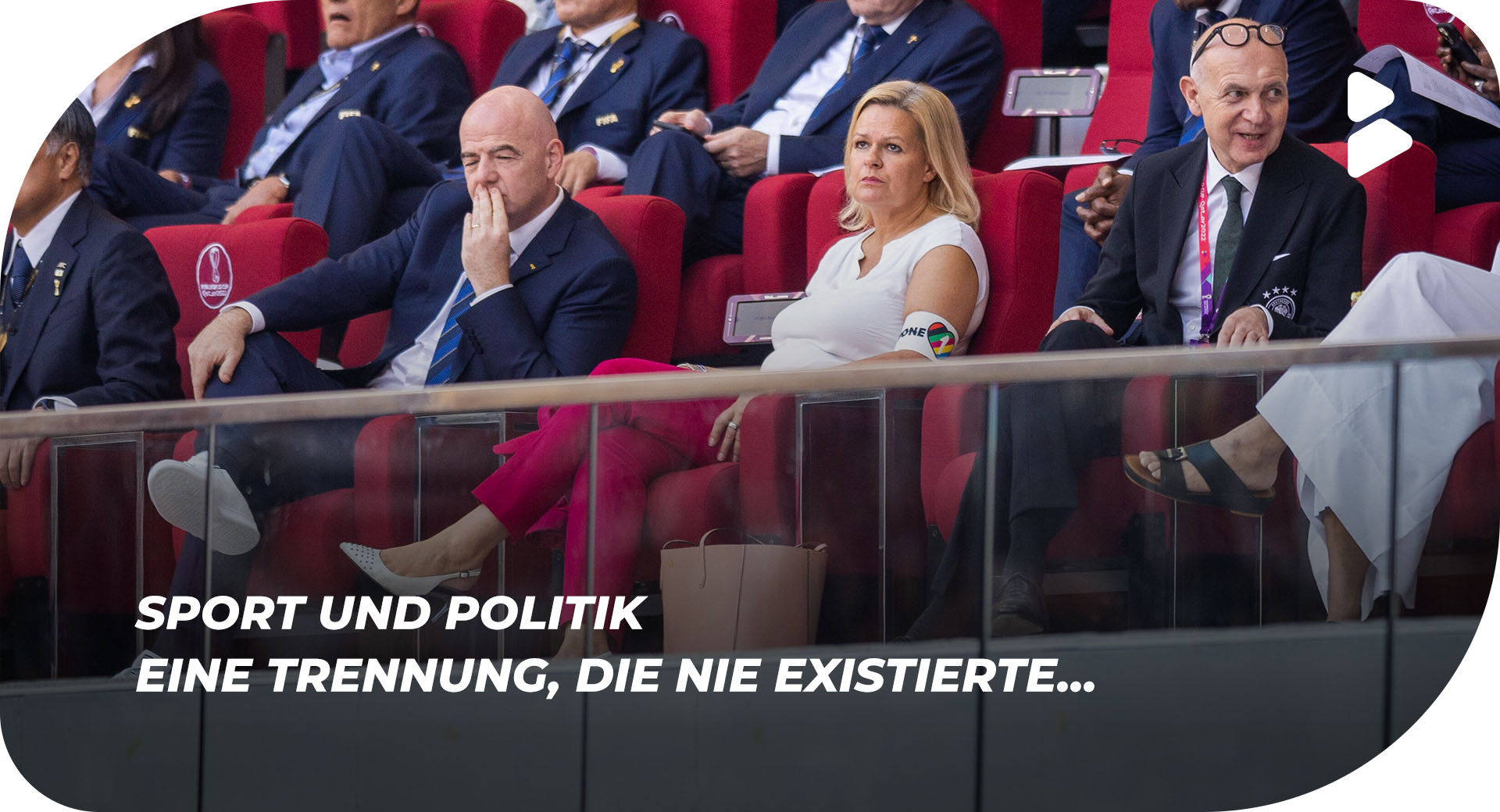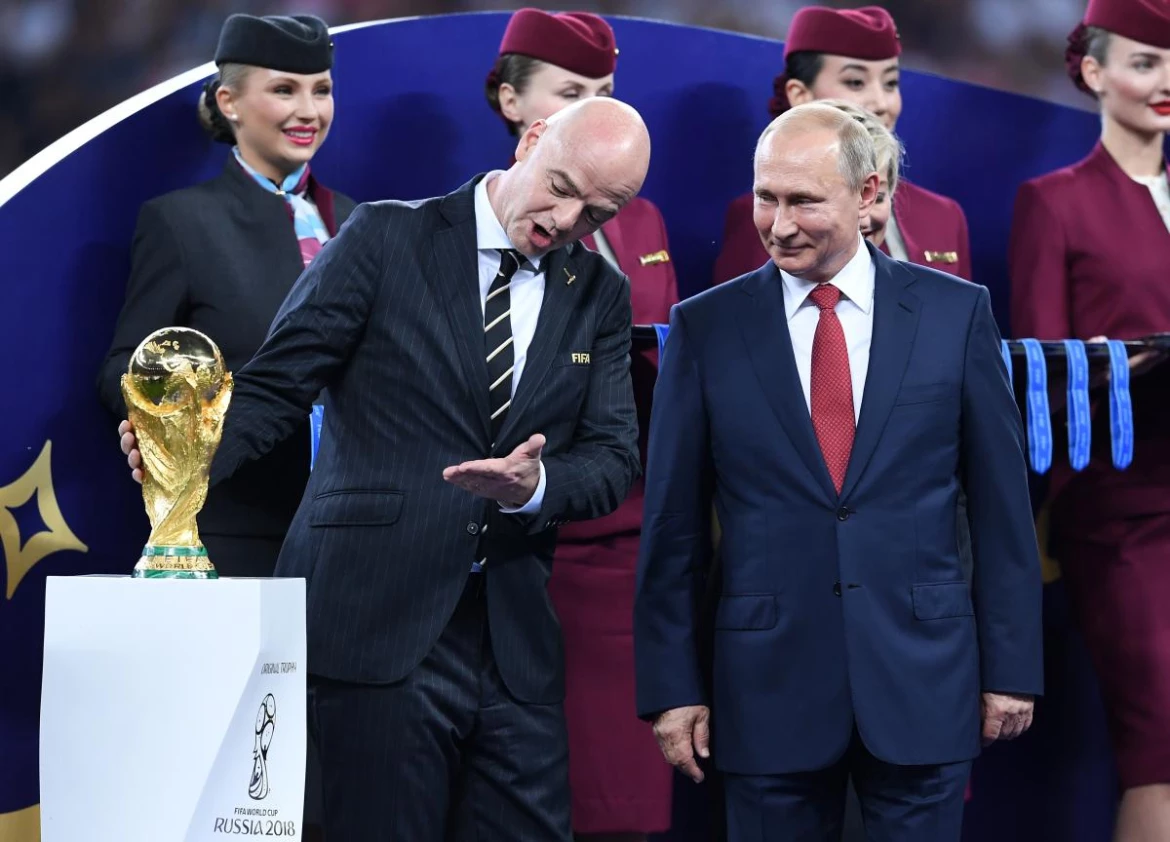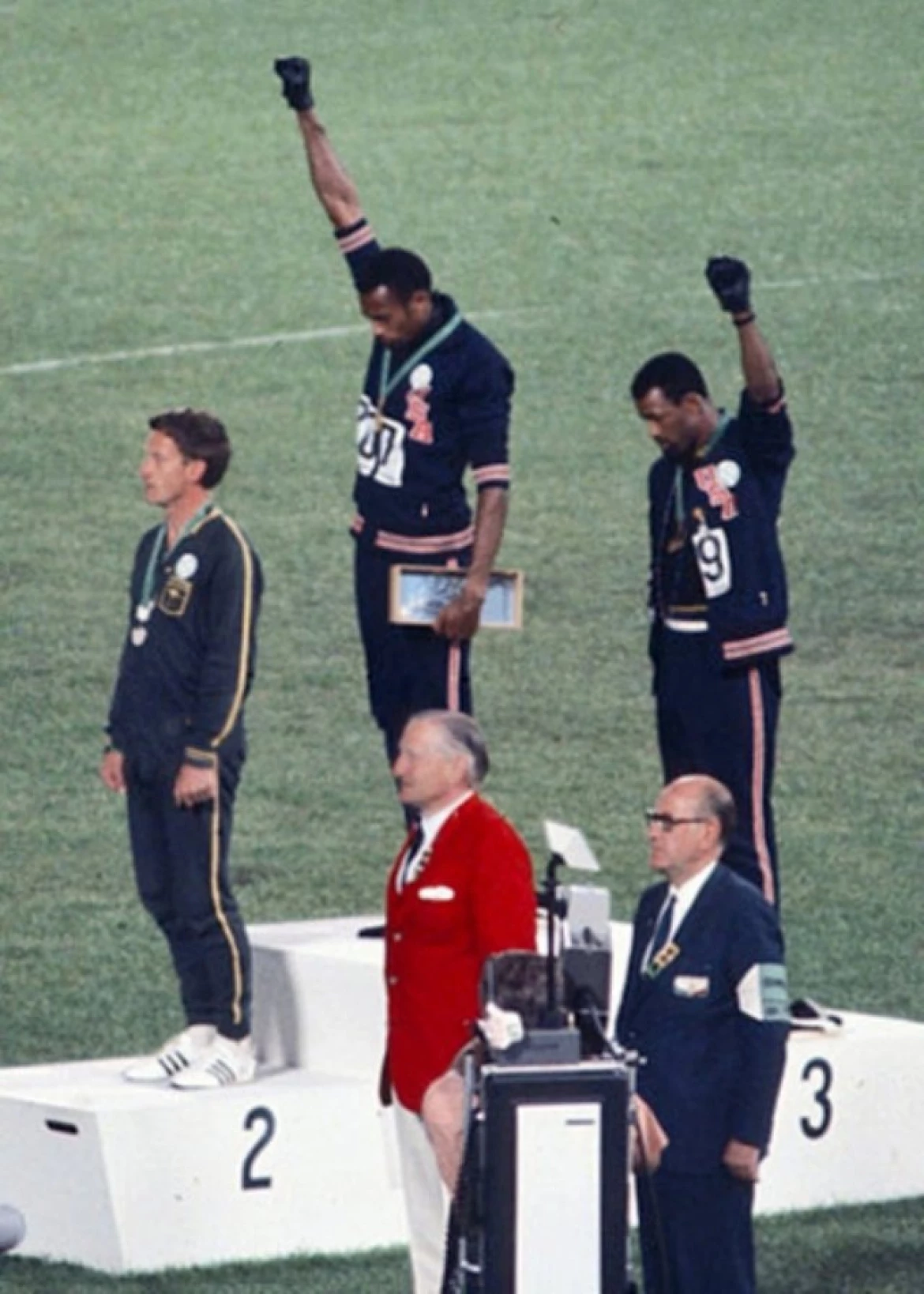A seperation that never existed...
Hardly any development has been discussed as frequently in the sports world in recent years as the advancing politicization of sport. Sporting competitions and results are sometimes relegated to the background. Instead, we debate about kneeling American Football players, bought world championships, rainbow bandages and photos with presidents of other countries. Many just want to watch a football game again, in peace in a sold-out stadium without immediately worrying about the big social issues and problems of our time. One often has the feeling that sport is being robbed of its innocence and purity, that it is becoming a mere playing field of the media, commerce and politics.
At least on one point, however, we are subject to a fundamental misconception: sport is not suddenly becoming politicized or instrumentalized for the first time in its history. Sport has always been political and a platform of social and political representation.




